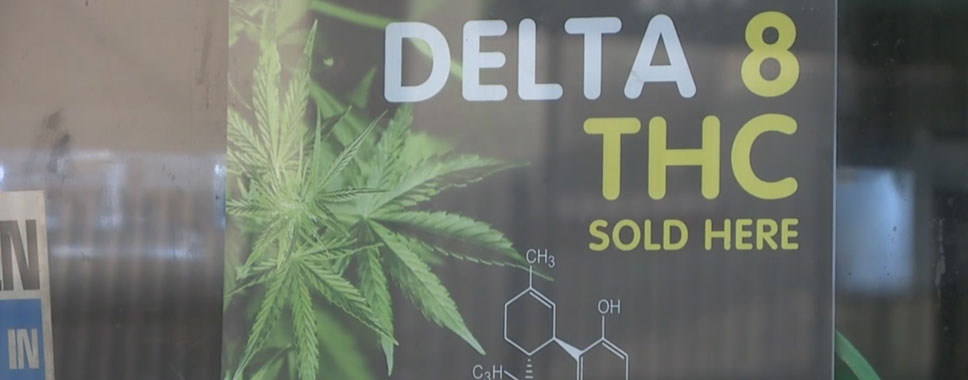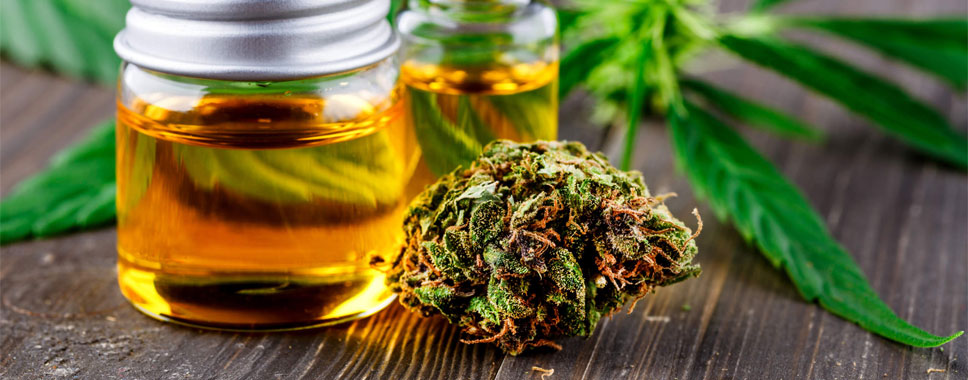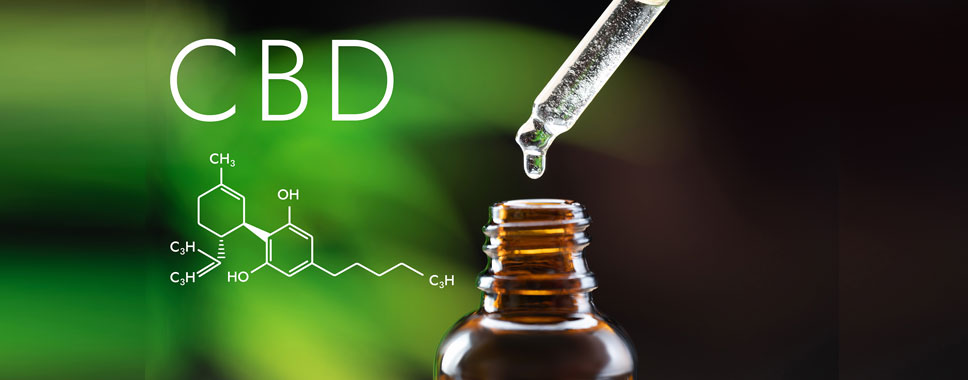According to Forbes, the cannabis industry has witnessed remarkable revenue exceeding $2 billion from delta-8 sales over the past two years. A whitepaper published by cannabis analytics firm, Brightfield Group, sheds light on the “scope of threat” that delta-8 poses to the legal cannabis industry. The paper also explores the competitive advantages of delta-8 and provides insights into the reasons behind its phenomenal growth.
Delta-8 THC has experienced a meteoric rise, particularly in the period following the federal legalization of hemp through the 2018 Farm Bill. The surge can be attributed to the influx of hemp-derived delta-8 products flooding the market, which are technically legal.
While delta-8 occurs naturally in cannabis in small quantities, it can also be synthetically manufactured from various cannabinoids, such as CBD.
Who is driving the demand for Delta-8?
In contrast to CBD, hemp-derived delta-8 has the potential to induce intoxication. Users describe the resulting high as “mellow,” “cerebral,” “mild,” and “energetic.” Some individuals are driven by curiosity, while others seek a different kind of high. For those residing in states with strict cannabis regulations, delta-8 presents the only avenue to experience a “legally high” that emulates marijuana.

 hempcentral
hempcentral 


jjjjjj